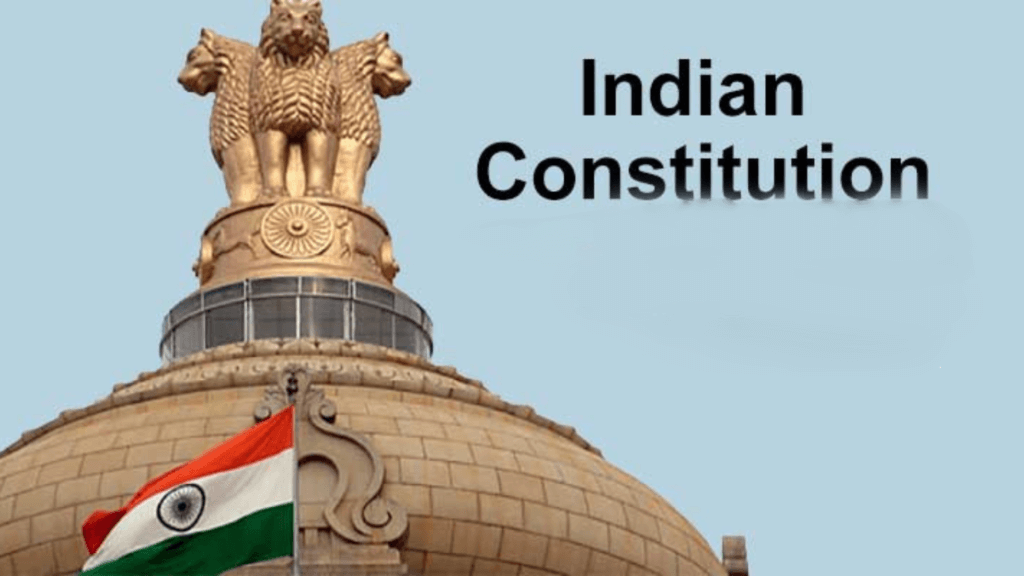The Nehru Report of 1928: India’s First Constitutional Proposal for Self-Governance
History Indian HistoryPosted by NewAdmin on 2025-02-06 08:44:27 |
Share: Facebook | Twitter | Whatsapp | Linkedin Visits: 25

The Nehru Report of 1928 was a significant political document in India's struggle for self-governance under British rule. It was drafted by a committee led by Motilal Nehru, with Jawaharlal Nehru as its secretary, in response to the challenge posed by the British government. The report was an effort by Indian leaders to propose a constitutional framework for India’s future as a self-governing dominion within the British Empire.
The background of the report lies in the Simon Commission, which was appointed by the British government in 1927 to propose constitutional reforms for India. However, since the commission did not include any Indian representatives, it was widely boycotted across the country. As a response, the All Parties Conference was convened in 1928 to draft an Indian proposal for constitutional reform. Motilal Nehru was chosen to head the committee that would prepare the document.
The Nehru Report proposed a dominion status for India, similar to that of Canada and Australia within the British Empire. It recommended a parliamentary system of government with fundamental rights for citizens, including freedom of speech, equality before the law, and the right to practice any religion. It also called for a secular state with no state religion and equal rights for all communities. The report rejected the separate electorates for religious minorities, which had been introduced by the British under the Morley-Minto Reforms of 1909. Instead, it advocated for joint electorates with reserved seats for minorities.
The report was met with mixed reactions. The Indian National Congress largely accepted it, as it was the first attempt by Indians to draft their own constitution. However, it was opposed by leaders like Muhammad Ali Jinnah, who insisted on separate electorates for Muslims. Jinnah proposed his famous Fourteen Points in response, outlining Muslim demands that were not addressed in the Nehru Report.
The British government ignored the recommendations of the Nehru Report, and as a result, the Indian National Congress toughened its stance. At the Lahore Session of 1929, the Congress, under Jawaharlal Nehru’s leadership, declared complete independence (Purna Swaraj) as its goal, moving beyond the demand for dominion status.
Though the Nehru Report did not succeed in gaining British approval, it was an important step in India's constitutional development. It represented the first clear vision of an independent India and laid the foundation for future demands of self-rule and complete independence.
Search
Categories
Recent News
- SEBI's Reformative Push for Market Integrity
- South Africa's Cricket Renaissance: A Squad with Depth
- Warriors' Dynasty in Doubt: Draymond Green's Imminent Departure
- Cricket's Power Struggle: Money vs. Autonomy
- Sacred Sweets Scandal: Tirupati Prasadam Under Scrutiny
- Klaasen's Omission: A Surprising T20 World Cup Snub
- Hyderabad Cracks Down on Drunk Driving for New Year's Safety
- IIT Bombay Tragedy: Student's Fatal Leap from Hostel
Popular News
- Navigating IPO Market Dynamics Amid Volatility and Regulatory Changes
- Massive Worldwide Microsoft Outage Disrupts Multiple Sectors
- Panjapur Bus Stand to Reshape TNSTC Routes
- తెలుగుదేశం పార్టీ - పేదరికాన్ని నిర్మూలించడంలో వాగ్దానం
- Universities Embrace Remote Learning Technologies Amidst Ongoing Pandemic